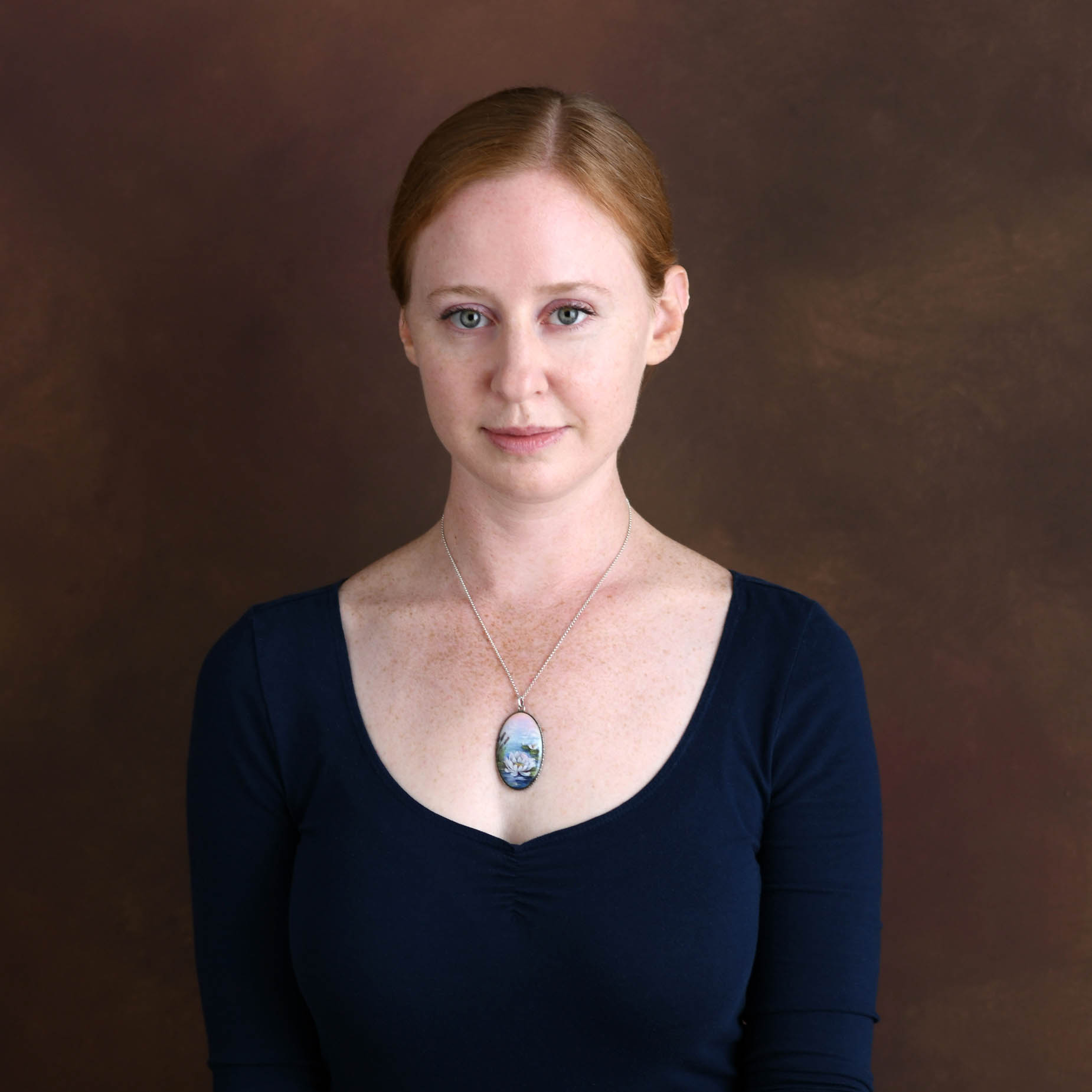|
Shopping, or The End of Time
Emily Bludworth de Barrios
Wisconsin Poetry Series
Sean Bishop and Jesse Lee Kercheval, Series Editors
Ronald Wallace, Founding Series Editor
Winner of the Felix Pollak Prize in Poetry
“Marrying novelistic breadth and autobiographical intimacy, Shopping, or The End of Time invents a new poetic genre: the sociolyric. Impersonal and personal at once, these poems shift from collective to individual experience with dizzying rapidity. Their deft lines jump-cut across social experiences connected inequitably by a consumer culture thriving on violence against women and the Earth’s accelerating destruction. This is an innovative collection with impressive critical and emotional range.”
—Brian Teare
I live / Among the economy / In a brick house
“I am going to make a poem,” writes Emily Bludworth de Barrios, “As if / I could put beautiful things in a box to keep them there.” With Shopping, or The End of Time she has done that and so much more. These kaleidoscopic images reflect and reverberate across time and space, revealing collisions of identity, motherhood, childhood, houses, shopping malls, industrial canals—the hopes and fears of what we’ve lost and gained over the decades in our mad rush for connection, for ownership, for goods.
A detective’s red thread spiderweb mapping the constellations among parenting, capitalism, aging, and ghosts, this stunning collection is wistful, unmoored, glamorous, and immense. These tour-de-force poems simultaneously capture an impression of emptiness and pleasure, of existing in a liminal space filled with both hollowness and potential.
Even though we lived at the edge of a great rupture,
It was difficult to tell when the world broke.
—Excerpt from “Ravine”
 Emily Bludworth de Barrios is a poet whose books and chapbooks include Women, Money, Children, Ghosts; Splendor; and Extraordinary Power. Her poems have appeared in publications such as The Poetry Review, Harvard Review, Oxford Poetry, and Cincinnati Review. She was raised in Houston, Cairo, and Caracas, and now lives in Santa Cruz de la Sierra, Bolivia, with her husband and three children.
Emily Bludworth de Barrios is a poet whose books and chapbooks include Women, Money, Children, Ghosts; Splendor; and Extraordinary Power. Her poems have appeared in publications such as The Poetry Review, Harvard Review, Oxford Poetry, and Cincinnati Review. She was raised in Houston, Cairo, and Caracas, and now lives in Santa Cruz de la Sierra, Bolivia, with her husband and three children.
Emily Bludworth de Barrio's Website - www.emilybludworthdebarrios.com
Praise
“Bludworth de Barrios is a kind of sorcerer-historian, an uncanny conjurer of terrestrial relations, a maneuverer of periscopes. This is a book of fierce attention to and engagement with what it means to be a person, a parent, a subject of a nation-state, a consumer, an heir to other people’s ghosts, a hungry mind, a participant in both hope and horror as one small part of ‘the fluttering world.’ It left me rattled and wonderstruck.”
—Robin Myers, translator of Copy by Dolores Dorantes
“An extraordinary journey through family life, consumerism, guilt, time and space, and the crises of climate and capitalism. A beautiful, profound book without sentimentality or reductionism: a raw truthfulness arrived at through difficult work of the heart.”
—Jack Underwood, author of A Year in the New Life
“Her narratives are less built as accumulations than as a cadence of narrative waves, rolling through rise and fall to either a final crescent, or a sweep up to the shore of the space beyond that final word. . . . There is a swell and swoop of her narrative, but also a subtle music across that same lyric that itself fills and diminishes across such a lovely spectrum of her lines. One is nearly required to close one’s eyes to truly listen.”
—Rob Mclennan
Table of Contents
Contents
Acknowledgments
Ravine
Part 1. Women
Who begat the earth?
80 to 90 percent of my awareness
When I was 13 there was a girl I knew
My gravestone
The mother should be as stunning
With pleasure the young men
Initially I was a beautiful woman
A naked woman is perched in the window
The doves were moaning crying cooing calling
A map is a picture that shows where things are
Part 2. Money
My husband fidgets with the inner mechanism of the country
The culture oriented itself toward shopping
In my childhood
The economy is synchronized and delicate
In this house we loved
My darkest thoughts
In the middle of the disaster nothing bad had happened to me
My new blue kitchen cabinets painted blue
Is the wind so dirty?
Our house (among all the homes in the city)
Part 3. Children
A ghost is what you call a woman
The new mothers
The unbearable can actually be borne
My pregnancy was a long and happy nightmare
Nothing could be sweeter than
Joaquín is my favorite child
Statues or knotted ropes or scored stone
I ask Joaquín if he likes the music
Andrés said
Woe was the sentiment
Part 4. Ghosts
Sitting at the lip of the tunnel to the past
It is sad
What is your ideal life
I am going to make a poem
We each of us carry
Neptune is a place we’ll never go
All the time art is falling
It is turbulent to be a person
~
Hypothetical Painting
|

